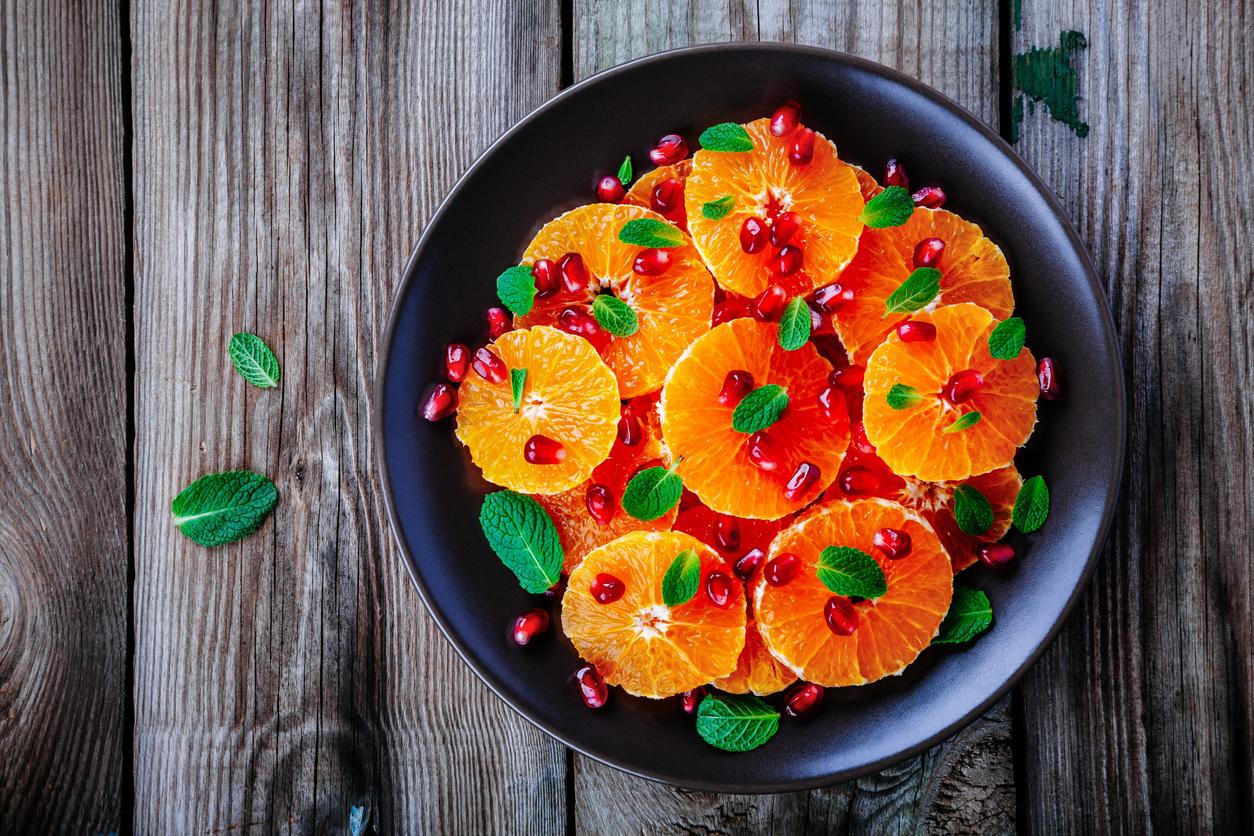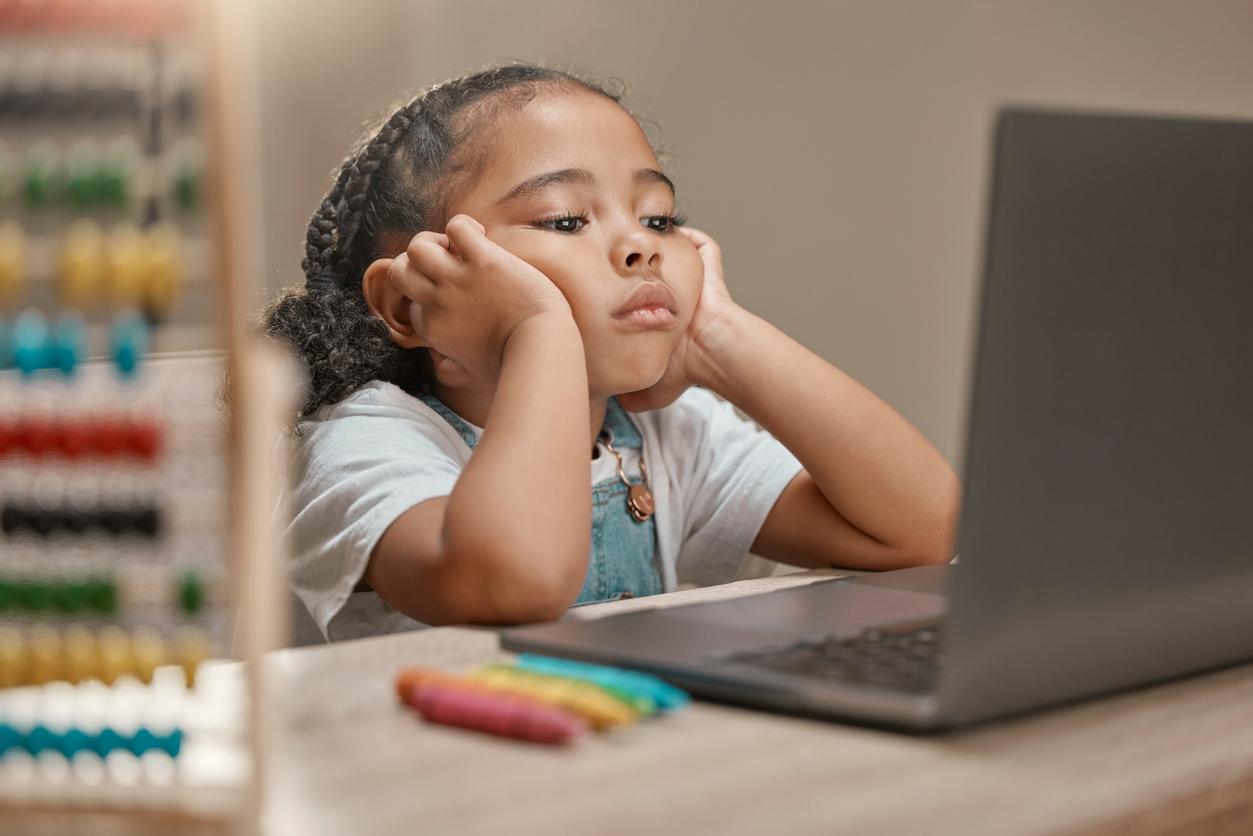These plastic particles degrade the intestinal microbiota, which has consequences for the body as a whole.

- 10% of the plastic particles we ingest permeate our cells
- Animal studies show long-term genome changes
- No technique currently makes it possible to treat nanoparticles
When plastic degrades, it fragments into micro and nano-particles. These are then found in the environment, both in the air and in the water. They can enter the body in three ways: through the digestive tract, when the nanoparticles are present in the food we eat, through the skin or by inhalation, when they are in the air. Researchers from the Autonomous University of Barcelona, the Center for Ecological and Forestry Research and Applications in Barcelona and the Center for Marine and Environmental Studies in Portugal show that this omnipresence of plastic particles has significant consequences for our health. They publish the results of their work in Science Bulletin.
Unknown long-term consequences
Researchers estimate that 90% of the plastic we ingest is rejected by the body, but 10% manages to integrate our cells. According to this study, nano-particles disrupt the proper absorption of nutrients and create inflammatory reactions in the intestinal walls. But these are not the only consequences: the intestinal microbiota is transformed in its composition and in its functioning. According to the researchers, this has consequences for the metabolism and the immune system. In their article, they warn about the very long-term impact of these modifications: studies on animals attest to the appearance of changes in the genome. For one of the authors of this study, Mariana Teles, this research aims “dwarn that plastic is present almost everywhere around us, it does not disintegrate and we are constantly exposed to it“.
How to reduce plastic in our environment?
The scientists point out that there is currently no technique for treating plastic nano-particles. Filtration and centrifugation methods are effective only on larger particles. “To solve the problem of plastic pollution, human habits must changeinsists Mariana Teles, the policies put in place must be based on decisions taken in knowledge of the risks and the existing alternatives.” She also believes that the impact of individual actions is important, such as choosing products that are good for the environment or recycling. “Authorities could encourage pro-environmental actions through economic incentives, such as tax benefits for the reuse of plastic in industry or through a bottle deposit system for consumers.“, concludes the research team.
.

















